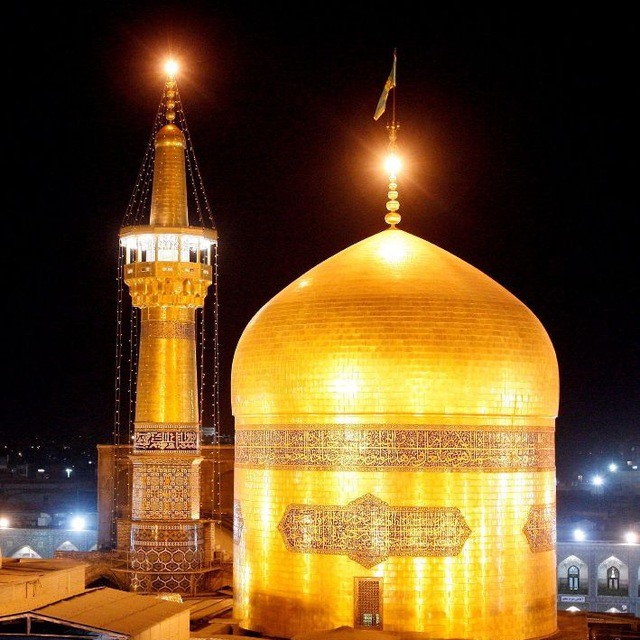“How rooted are we in the soil?”
It seems that the feeling of “happiness” and “unhappiness” in Iran – despite all the economic and social issues – has a direct relationship with the depth of people’s roots in Iranian culture.
Perhaps Fereydoun Moshiri’s poem “Roots in the soil” or Ostad Shajarian’s words about his impatience and restlessness to return to Iran during foreign trips, express the same feeling of peace and happiness that being “roots in the soil” creates in a person.
A person who has his roots in the soil sees his life as a short “section” of the ups and downs of his country’s history, he identifies with the experience of the past that was passed on to him in the form of literary texts and poems of the elders, he finds relief, and in his life, responsibility, It finds a mission and a meaning greater than itself.
For example, a person like Ostad Shajarian who wishes to be buried in Ferdowsi’s mausoleum and feels closeness and kinship with the poet of his country a thousand years ago and considers him to be his pioneer and comrade in preserving the language/music of Iran, will never be captured by absurdity, confusion and regret. And complaints and debts are not common.
He does not see the sufferings of life as his personal “misfortune” and “bad luck” and he does not curse the “geographical determinism” that “doomed” him to be “Iranian”, but he feels it as a “common pain” that is “separate”. It is not treated; So he turns it into musical notes and “screams” with the most beautiful song.
We have never heard Professor Shajarian ask “what sin did he commit” to be born in this “ruined” world. Or be jealous because he is not a citizen of a country known for “watches and chocolates”. Or call his own generation a “burnt generation” that never had a chance to “live”.
As he was rooted in the culture, history and soil, he did not blame the people of his time for staying “here” with all his knowledge and talent and not “running away with his brains” to a place where they know his “value” and provide him with many facilities. He doesn’t miss it either.
We can become “global” as much as we have roots in the soil. Contrary to the belief of some, becoming “global” does not mean “cutting” the roots and “freeing” from the shackles of identity, culture and traditions. Rather, it is the stages of sprouting from the beginning of the soil to reaching beyond the borders and limitations.
These days when sufferings and calamities are raining down on us, should we take a look at the ground under our feet to see how rooted we are in the soil?
Author: Ali Nasri
@AliNasriTelegram
This post is written by monese_ghamgosar
